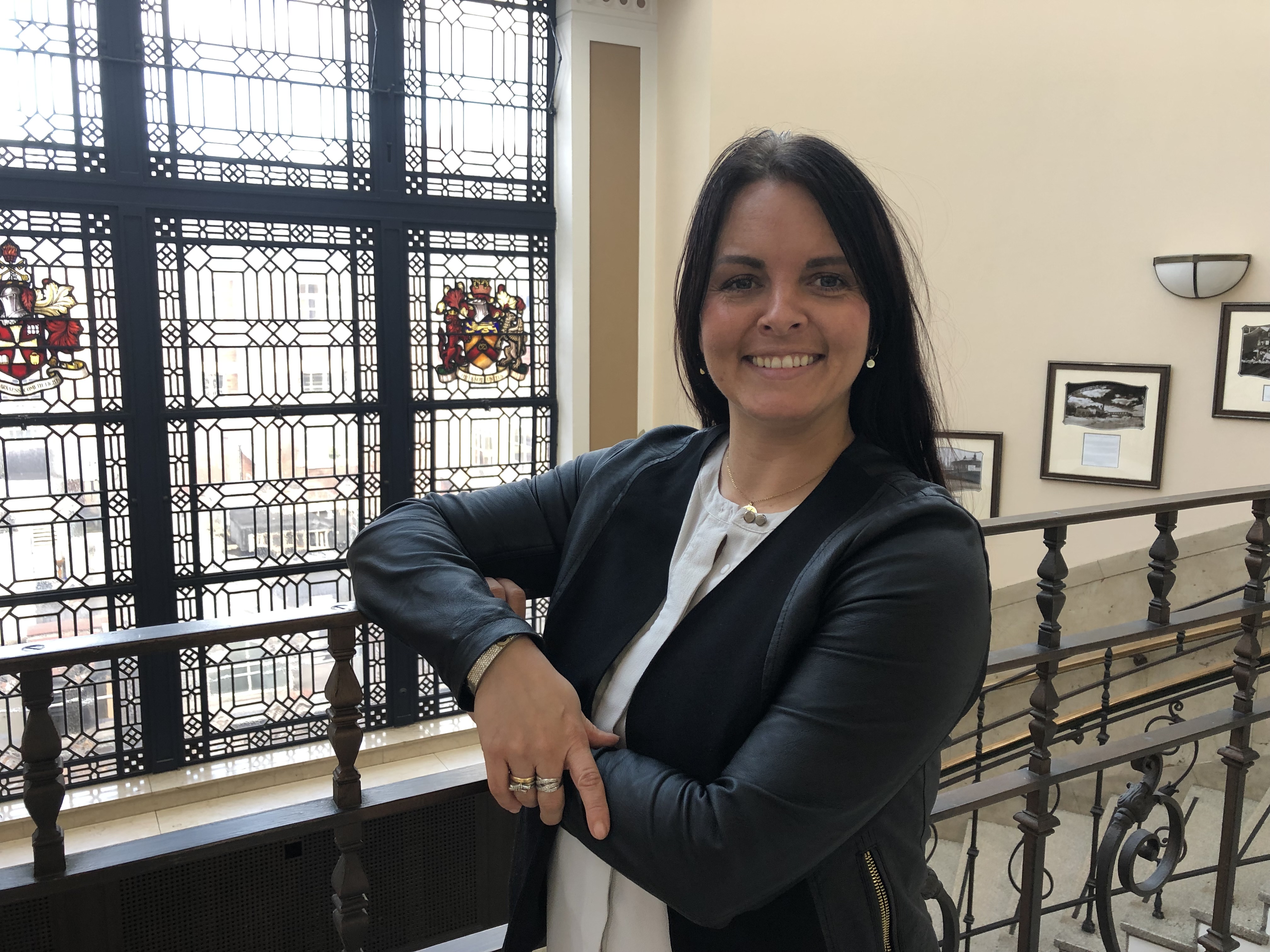University Mental Health Day 2021 – Clare Dickens

Today (4 March) is University Mental Health Day. To mark the occasion, Clare Dickens, academic lead for mental health, has written the following blog post on mental health and wellbeing agendas in higher education and questioning what ‘wellbeing’ means.
On University Mental Health Day 2021, we all may have a lot to reflect on given the nature of what we have been through in the last twelve months.
It may be easier to think in pre-Covid and during when we reflect on what challenges this period has posed.
However, I do believe that we should avoid the notion that suggests everything on the whole was much better before the pandemic, and to not consider how we have grown within the pandemic period as well.
I am reminded daily of how remarkable we can be when we get our heads together and agree on a problem, and commit to solving it in order to help each other. This has been evident in smaller acts of kindness, and the roll out of the Covid-19 vaccine which has heavily relied on volunteers.
I am also minded that the emerging fall out and impact of the pandemic has served to highlight just what people were navigating and fighting before it. Following such a momentous period in history, we may need to pause for a while to consider how the mental health and wellbeing agenda can be better shaped by those people it is aimed to affect and benefit.
The mental health and wellbeing agenda in higher education can be traced back as far as the inception of higher education itself. It has enabled character development, of critical self-awareness and growth of capabilities for those who come to enhance their scholarship and employability within its fold. The higher education sector has continued this journey and continued to contribute to wellbeing, through varying ways and is now put forward as “the best ways”.
I find myself covering my ears in the midst of this noise to be able to question what the definition of wellbeing we are working to actually is. I ask, if as a sector, we have got tangled up in debates about what more is needed, before we have really asked what wellbeing is in the first place? Are we always destined to leave some students and staff behind within an agenda that hasn’t heard them first? Have we considered intersectional contexts and the complexity of experiences; and if stress can be induced through the very eloquence of having to perform to a dominant way of knowing and seeing wellbeing?
If we consider a notion of developing a definitive happy and healthy human being, we may find this a more difficult task than it initially appears; we are of course individuals in our own right with stories that will never be duplicated.
If we move our attention to the World Health Organisation’s definition, avoiding the pull to critique and simply take it at face value, it argues that wellbeing is when someone feels good, can reach their full potential and work productively, contributing to their communities.
This does pose the challenge of considering whether we can foster some of the capability and connection that this definition requires in order for it to be achieved for each of the community members within our own HE setting. Does our own wellbeing agenda need to move beyond theorising and the shaping of conceptions by hearing certain voices, which can then serve to force the status quo? It can also tunnel our thinking to a short-sighted individualistic view that can place unfair expectations on us, implying that everything related to our happiness is solely based on what we have done or not done well.
The reality is that our wellbeing is possibly equally determined by the society and the community we navigate, and as much focus needs to be afforded in the direction of those stressors at their source.
So today, on University Mental Health Day, I am going to ask myself what wellbeing means to me; what makes for “good days” and reflect how I have bounced back and nurtured strength and lessons from the “bad days”. What ingredients do I need to flourish and grow? Try and take some time out today to ask yourself these same questions.
For more information please contact the Corporate Communications Team.


/prod01/wlvacuk/media/departments/digital-content-and-communications/images-18-19/iStock-163641275.jpg)
/prod01/wlvacuk/media/departments/digital-content-and-communications/images-2024/250630-SciFest-1-group-photo-resized-800x450.png)
/prod01/wlvacuk/media/departments/digital-content-and-communications/images-18-19/210818-Iza-and-Mattia-Resized.jpg)
/prod01/wlvacuk/media/departments/digital-content-and-communications/images/Maria-Serria-(teaser-image).jpg)
/prod01/wlvacuk/media/departments/digital-content-and-communications/images-2024/241014-Cyber4ME-Project-Resized.jpg)
/prod01/wlvacuk/media/departments/digital-content-and-communications/images-18-19/210705-bric_LAND_ATTIC_v2_resized.jpg)